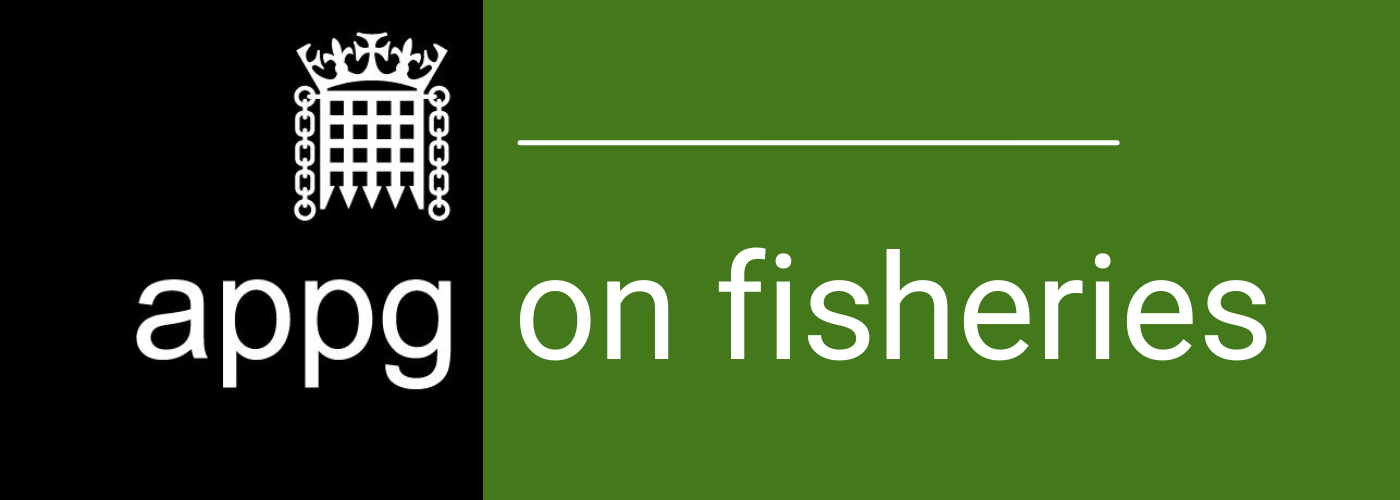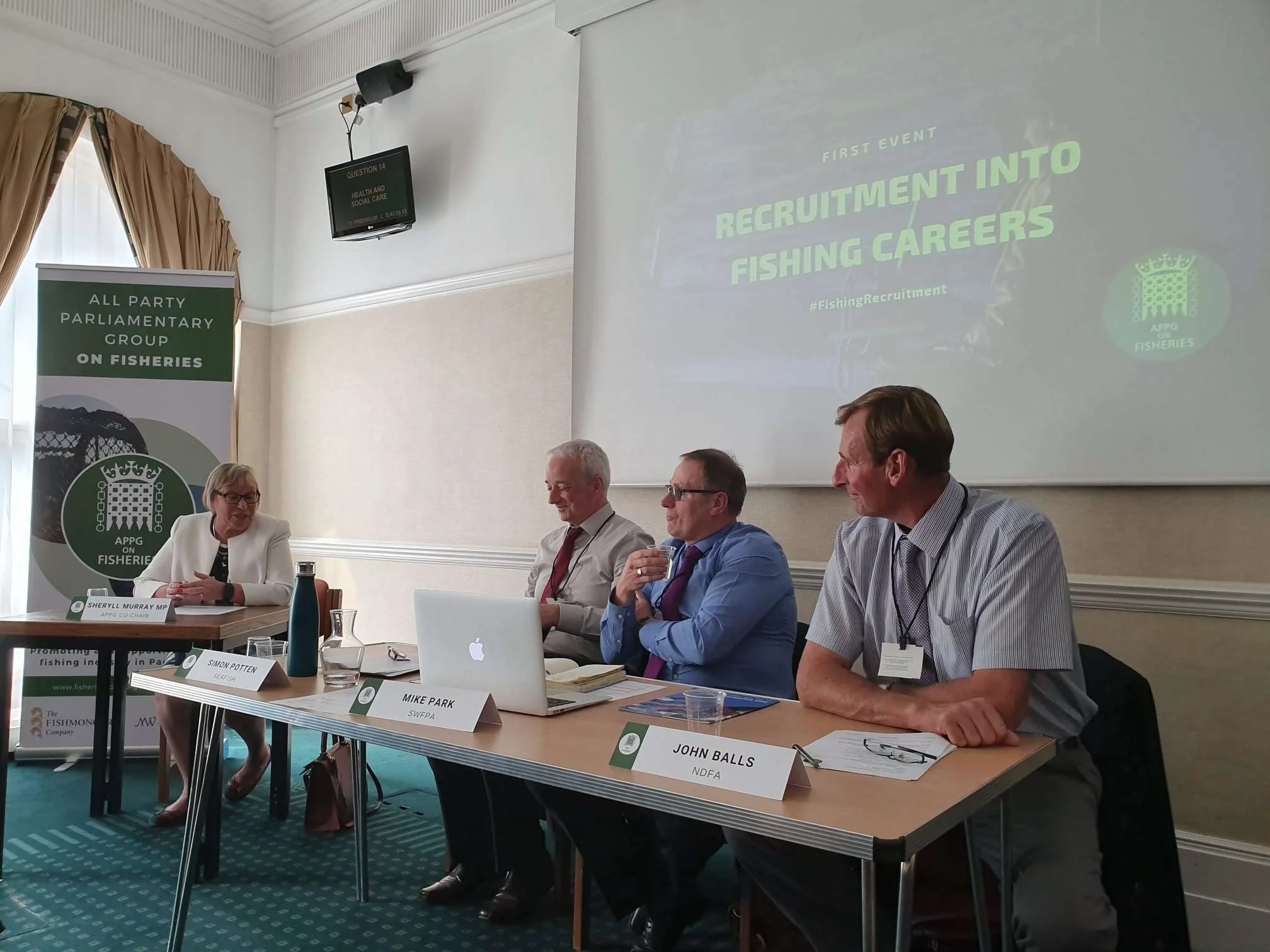Fishing is a hot topic within Parliament. Mindfully Wired are the Secretariat for the All Party Parliamentary Group on Fisheries, which brings dedicated Parliamentarians together with people from across the fisheries industry. Jacob presents an insider view from the APPG’s first public meeting of 2019.
It was the APPG on Fisheries’ biggest ever meeting. The Group’s first public event of this year, Recruitment into Fishing Careers, had been promoted far and wide and the response was more than we could have hoped for. People from all over the UK had signed up, from skippers in the south-west to CEOs in the north-east, and plenty in between.
The event took place at 1 Parliament Street, just over the road from the Palace of Westminster. A flurry of introductions and hand-shaking commenced as attendees were funneled through security, and even before the event began there was a sense of animated discussion: academics, fishermen, recruitment specialists and Parliamentarians were all present and all contributing.
APPG Co-Chair Sheryll Murray MP, who was chairing the meeting, took the helm once everybody had taken their seats. Sheryll hails from Cornwall and has been deeply involved in the fishing industry all her life, so was well placed to steer the debate.
Mike Park (CEO of SWFPA) presents.
Three speakers each gave ten-minute presentations to introduce their take on recruitment into fishing careers. Simon Potten, Head of Safety and Training at Seafish, began by discussing how Seafish was tackling the challenges of recruitment via careers guidance, training programmes and qualifications. Mike Park, CEO of the Scottish White Fish Producers’ Association, then discussed how these issues applied to large-scale fleets and the importance of training, especially in the wake of ever more sophisticated onboard technology. John Balls, Chair of the North Devon Fishermen’s Association, concluded the presentations by highlighting the unique challenges facing recruitment into smaller vessels and how financial aid could be the answer, if cleverly administered.
John Balls (Chair, NDFA) speaks.
The floor then opened for discussion. It quickly became apparent that everybody present had an informed yet unique experience of the fishing industry and this proved a defining characteristic in the constructive discussion that followed. Getting such a range of people in the same room is not a common occurrence and, as such, there was rich opportunity to exchange ideas.
The ideas stretched far and wide. What are young people’s perceptions of the fishing industry, and how can these be made more positive? How can we make sure the people most suited to a fishing career are the ones that end up on the boats? And, crucially, what do young people actually seek in a career, and how can the fishing industry make sure it ticks the right boxes?
Sheryll Murray MP coordinates questions for the panel.
Discussion was not just confined to the room itself. Along with a number of attendees, I was tapping away on my laptop throughout the meeting, shooting ideas and questions raised into the Twittersphere – and Twitter was responding. Potential solutions were dropping in from every quarter, supplemented by scientific papers and industry reports.
Eventually the meeting had to end; Parliamentarians have jam-packed schedules, after all. Inevitably there were things left unsaid, but points of contact had been made and, of course, social media never sleeps. The meeting served its purpose: to act as a springboard for further discussion and, tantalisingly, the possibility of tangible positive changes. Our report on meeting outcomes will be out soon – watch this space.
Please note that the APPG on Fisheries Secretariat is independently managed, and does not speak on behalf of the government. If you wish to quote any of the APPG’s publications, please get in touch.




